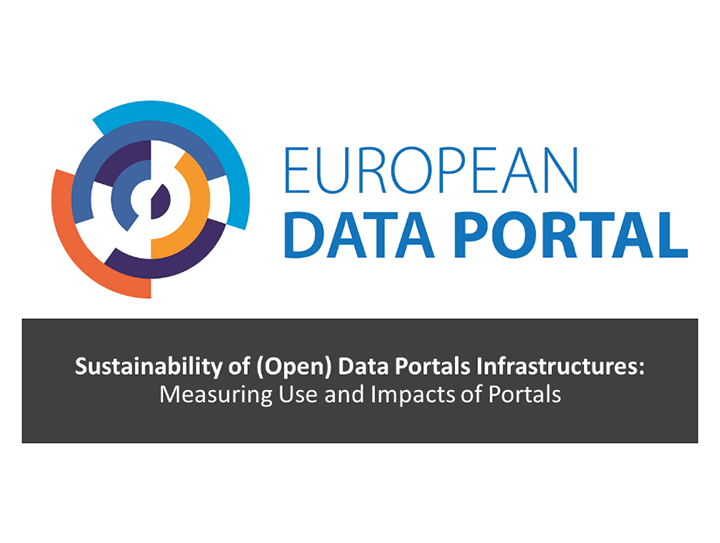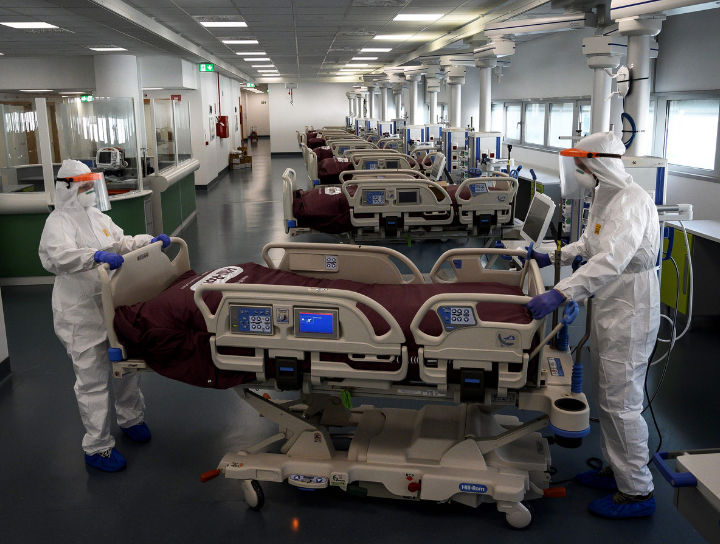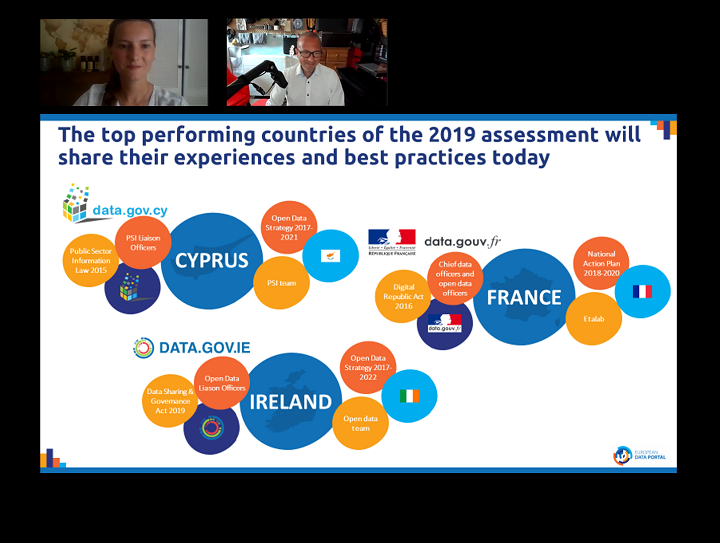
- Data Story

Over the last past months, it has become clear that the Coronavirus poses a considerable health threat on a global scale. The virus that causes the illness COVID-19 is called the Severe Acute Respiratory Syndrome Coronavirus 2 (SARS-CoV-2). The virus mainly attacks healthy cells located in the lungs, causing respiratory problems. To alleviate the breathing difficulties in the most serious cases, a ventilator is used to push air, with increased levels of oxygen, into the lungs. While most of the infected patients experience minor flu-related symptoms, up to 20% of the cases require

Undoubtedly, the COVID-19 pandemic instilled fear among consumers, companies, and governments with regards to the magnitude of impact on economies across the world. In previous data stories the European Data Portal has already discussed how the COVID-19 crisis has affected the economy, covering specific topics such as consumer confidence, unemployment, and GDP growth.
Another market that is severely impacted by COVID-19 is the financial market, which experienced strong shocks worldwide. The performance of financial markets has a widespread impact on many areas such as employment, the sales of

- Data Story

Introduction
In order to contain the contagion, many countries have implemented restrictive measures to reduce gathering and formations of crowds. Schools are also affected and had to reduce their classes or close entirely. One can only imagine the impact when, at the peak of the crisis, almost 1.6 billion children in 195 countries worldwide could not use their classrooms. If school closures are extended for too long, there is a significant potential for loss of educational opportunities, but also a potential loss of human capital and diminished economic opportunities in the long-term

COVID-19 measures around the world caused disruption and posed significant burdens on our economies. However, the flip side of the coin is that these measures also positively impacted our environment, by reducing the emissions of carbon dioxide (CO2) and other pollutants - such as sulphur dioxide (SO2) and nitrogen oxides (NOX) – from numerous sectors, such as transport, energy and aviation. Reduced pollutant emissions result from, for instance, lower demand for services, closing of large buildings such as offices and schools, and a reduction of industrial activity. These events are in no way

The restrictive measures taken by national governments in response to the pandemic are affecting millions, if not billions, of people’s work-life situation. The major economic consequences of the crisis (also discussed in this data story) can especially be seen in the labour market as the impact is both on the supply side (production) and demand side (consumption) of the economy. Some short-term effects that are already noticeable include massive job losses, reduced working hours of employees, and the measures implemented by governments to financially support struggling companies. Furthermore

- Data Story

Approximately six months after the first COVID-19 case was identified in China in December 2019, the effects of the COVID-19 pandemic are increasingly visible. In the first months after the virus first occurred, the agendas of countries worldwide were dominated by COVID-19 related issues. With the deceleration of COVID-19 diffusion, the attention is again divided across other significant challenges, such as climate change and the rebuild of our economies. However, some COVID-19 related vocabulary will uphold a prominent place on the agenda, such as social distancing, contact-tracing and

The world is currently entering a new phase of the pandemic, where countries take their first steps in loosening the restrictive measures. A difficult but important task of safely reopening businesses and public spaces is maintaining the social distancing rules. Social distancing, sometimes referred to as physical distancing, requires people to keep e.g. 1.5-meter distance from others in order to reduce new infections. Guidelines are created in order to advise countries and policymakers to support citizens if necessary, see for example the guidelines from the European Centre for Disease
